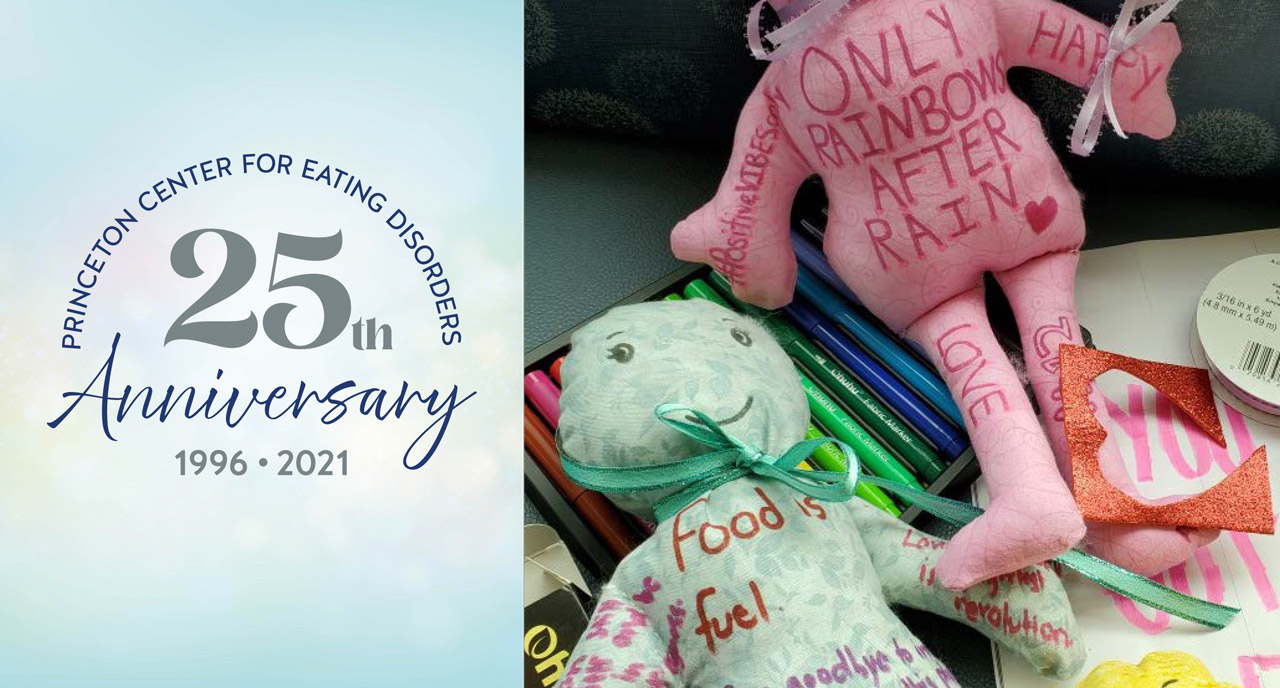Community donations made in support of this unit from donors like you, allow us to expand and enhance the programs and services that we offer. A great example of a project funded by philanthropy involved a therapy session where patients learned about body functions then engaged in a simple craft session as they expressed their thoughts.
Educating our patients (adolescents in particular) about their bodies and the consequences of various eating disorders teaches them to trust their bodies. One such hands-on activity proved to be especially engaging and informative while also being fun.
Eating disorders can cause a number of medical complications as the body attempts to correct a problem. For example, your body needs calcium to keep your vital organs going, and if you don’t get enough through your diet, your body may need to take calcium from bones to keep it going.
During a recent group session, therapists gathered together with adolescent patients and studied body systems. Teaching young patients about how the body works to take care of itself, empowers them while on their path to healing. They decided to end the session with a light hearted activity called “Body Stuff”. Patients stuffed and decorated cartoon shaped cloth dolls. Inside their doll, each placed a red glitter heart on which they wrote a message to themselves and enclosed in the body. While working on the art, therapists and patients had general conversations about health, eating disorders, etc. It was important to teach the patients that most medical complications of eating disorders can be reversed with adequate nutrition.
After the activity, the therapists were extremely touched by the comments made by the patients.
“I didn’t know it would be like this in the hospital- I didn’t think we’d be doing all of these kinds of things. It’s fun.”
“It’s OK to show others the picture of my doll if it makes them less afraid to come into treatment.”
“How do you know who is right for this job? How do you pick people to work here? I would like to be able to help others someday.”
We applaud the Princeton Center for Eating Disorders as they mark their 25th Anniversary of transforming the lives of those in need. Donations made to Princeton Medical Center Foundation help fund impactful therapy sessions such as this. If you are interested in supporting this essential treatment, please visit www.princetonhcs.org/donate.


